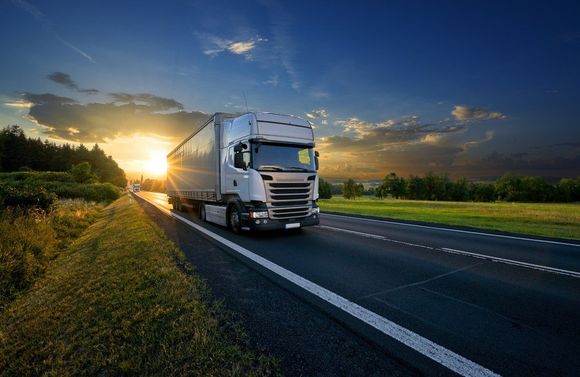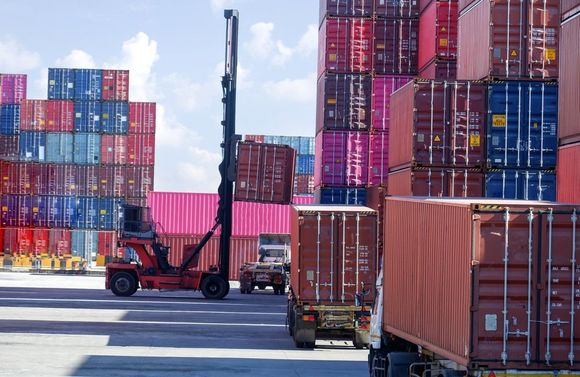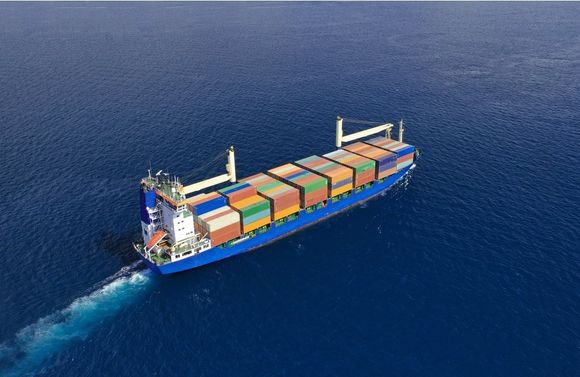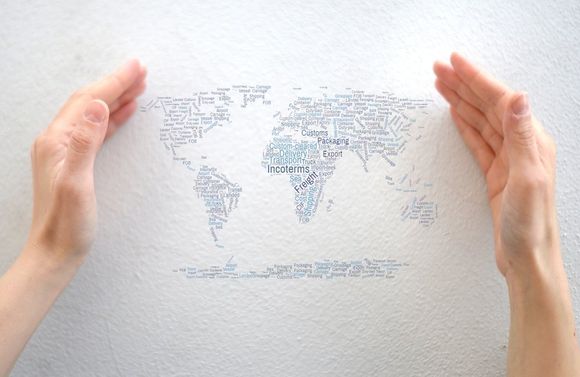UK customs experts
Superciel is a team of UK customs experts, helping you to move your goods in or out of the UK smoothly. Contact us today to find out more about what we offer and speak to our experienced team.
Complex cases
We can deal with a range of complex import and export cases, where customs clearance is more complicated than the usual straightforward procedure. Read below to find out more, then get in touch for professional support for your import or export case.
Transit
Common Transit Convention countries Use common and Union transit when exporting or taking goods out of the UK to move them quickly and delay duty until they reach their destination. Find out which countries are part of the Common Transit Convention (CTC). The CTC is used for moving goods between the common transit countries. i.e. the EU member states, the EFTA countries (Iceland, Norway, Liechtenstein and Switzerland), as well as Turkey, Macedonia and Serbia.
Temporary import
You can apply to import goods temporarily to the UK. Find out how to apply for Temporary Admission to import goods into the UK and use them for up to 2 years or more before re-exporting them. You can apply if you’re the person using the goods or you’re arranging for the goods to be used on your behalf.
Using Temporary Admission will depend on whether you’re established inside or outside the UK.
Re-import / re-export
Re-importing goods you’ve exported before.
If your goods were in free circulation before you exported them, you may not need to pay the full rate of duty when you re-import them either:
• in the same condition as when you exported them
• after you had exported them for processing or repair Importing goods to process or repair them.
When you import goods for processing or repair and then put them into free circulation, you may be able to pay the rate of duty based on either:
• the goods at the time they were declared
• the goods when they are put into free circulation Importing goods temporarily.
Methods of payment – duties and taxes
These duty amounts will usually become payable at the time of declaration. This will require payment by bank transfer for each import transaction. As Direct Trader Input (DTI), we can process the payment of charges due on imported goods by using the Flexible Accounting System (FAS) by card, cheque or bacs. If a deferment arrangement exists, the deferment account number (DAN) is required for the duty payment to be delayed. A trader can apply for a Deferment Account, which will be subject to some fairly strict criteria. VAT also becomes accountable on declaration. The amount payable will form a part of each trader’s periodic return. Non-VAT registered importers will have to pay the VAT amount immediately on import.




